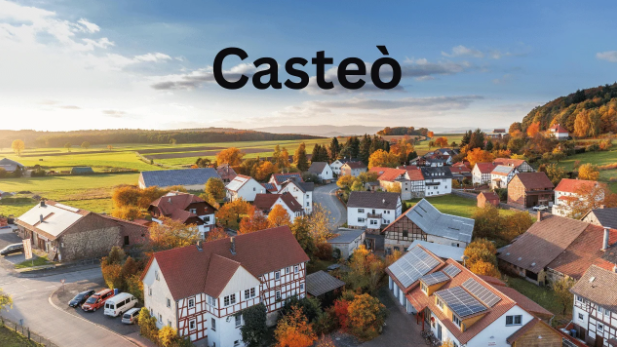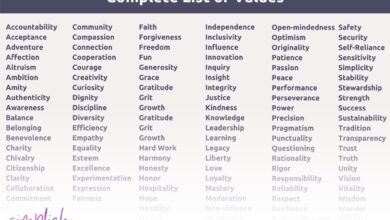What is Casteò? Understanding the Meaning and Its Impact

Casteò is a unique concept that has recently gained attention. Many people are curious about what casteò means and how it affects different communities. In this blog post, we will explore the idea behind casteò and its significance.
Casteò is not just a term; it holds cultural and social importance. People often wonder how it shapes interactions in society. By reading on, you’ll discover the history of casteò, its origins, and how it plays a role in today’s world.
What Does Casteò Mean? An Introduction
Casteò is a term that refers to a social structure in which people are grouped based on their background and heritage. It plays an important role in many societies, especially in regions where social classes have been deeply established. Understanding casteò is crucial for grasping how certain communities interact with each other.
In simple words, casteò tells us how people in a society may be treated differently depending on where they come from. This system has existed for a long time, and it affects many aspects of life. Knowing about casteò helps us understand how people see each other and how society functions.
The Origins of Casteò: A Look Into Its History
The history of casteò can be traced back to ancient times, particularly in South Asia. It has roots in old traditions where people were classified into groups based on their occupation, family background, and even their place of birth. These groups were meant to organize society, but over time, they became a way to separate people from one another.
In the past, casteò determined who could do certain jobs and who could marry whom. This created a lot of challenges for people in lower castes, limiting their opportunities. While casteò has evolved over time, its history continues to affect communities today.
How Casteò Affects Communities: A Deep Dive
Casteò impacts communities in many different ways. In some areas, people from higher castes have access to better resources like education, jobs, and healthcare. Meanwhile, people from lower castes may face discrimination and have fewer chances to succeed.
- Education: In some regions, casteò affects where children can go to school and what kind of education they receive.
- Employment: People from higher castes might find it easier to get jobs, while those from lower castes may struggle to find work.
Understanding the effects of casteò is important because it shows us how deeply social systems are connected to fairness and equality in society.
Is Casteò Still Relevant Today? Exploring Its Modern Impact
Although casteò has been officially outlawed in many countries, it still affects people in everyday life. In certain regions, people are still judged based on their caste, which creates social divisions and inequalities. This has led to ongoing debates about whether casteò is truly a thing of the past or still a major factor in shaping societies.
Some people believe that casteò has become less important over the years due to legal changes and modern values. However, others argue that it remains deeply rooted in cultural practices and still affects social dynamics.
Casteò in Modern Society
- Cultural Practices: Many traditions still follow casteò, even if it’s not legally supported.
- Social Expectations: In some communities, casteò shapes marriage choices and friendships.
As society continues to evolve, the relevance of casteò remains a topic of debate.
Casteò and Social Interaction: How It Shapes Relationships
Casteò plays a big role in how people interact with each other. In places where casteò is still important, people from different castes might not mix freely, leading to social segregation. This affects friendships, marriages, and even business relationships.
- Friendships: People from the same caste tend to form stronger bonds with one another, often excluding others.
- Marriages: Casteò often influences who someone can marry, with many communities preferring to marry within the same caste.
Understanding how casteò shapes relationships is important for promoting social harmony and breaking down barriers.
Conclusion
In conclusion, casteò is an important part of history and culture in many parts of the world. Even though it has been challenged in recent years, casteò still affects people’s lives in different ways. Understanding casteò helps us see the issues of fairness and equality in society, and it teaches us why it’s important to treat everyone with respect, no matter their background.
As society changes, casteò will continue to evolve. While some regions are moving away from it, others still struggle with its effects. The key to a better future is education, awareness, and working together to create a world where everyone is treated equally, no matter where they come from or what casteò they belong to.





